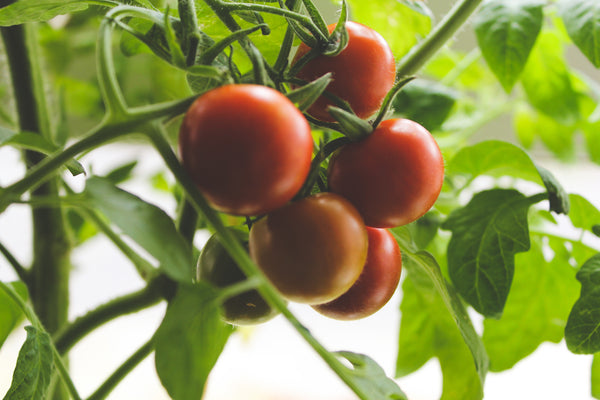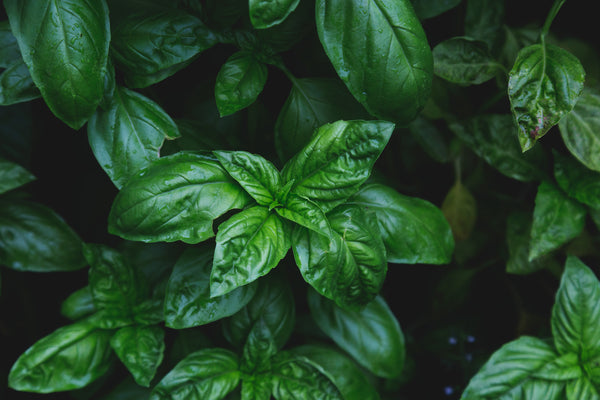The Kiwi Cove Community Garden has been growing food exclusively for the Ladysmith Food Bank since 2008, on a garden plot approximately 140’ x 34’ donated by the Kiwi Cove Lodge. The garden is managed by a revolving cast of volunteers, which has varied in numbers from 4-6 people in the early years, to as many as 12-15 volunteers this year. Typically, harvesting takes place on Monday or Tuesday mornings (depending upon the Food Bank distribution schedule), and several other days of the week are scheduled for weeding and general garden maintenance.
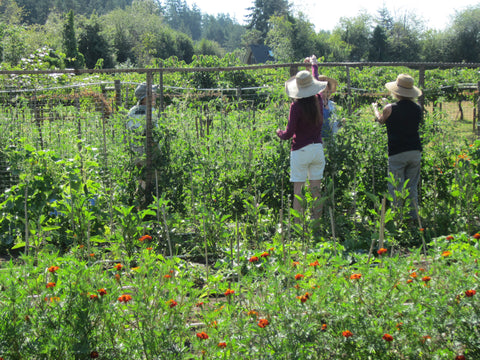

On average, the Kiwi Cove Community Garden has grown approximately 2500 lbs. of produce every year – some years slightly less, and some years more, depending upon weather conditions, yields, and other natural factors. But for the past several years, one of our volunteers had provided the garden with the use of her greenhouse for starts, and we have relied heavily on West Coast Seeds for seed donations. This has allowed us to get plants in the ground earlier, and has increased our yields considerably. Last year, we delivered approximately 4300 lbs. of produce to the Food Bank, which was our highest total since the garden’s beginnings. We are hoping for similar production this year, and are off to a good start. The garden is not certified as organic, but we use no chemical fertilizers, pesticides or herbicides. We keep yearly production logs of all vegetables which we grow, which allows us to track our successes and failures, and helps us to adjust supply from year to year according the needs of the Food Bank.
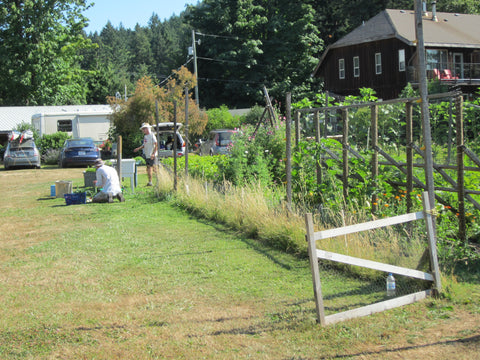

Our funding sources in past years have been varied (donations, matching grants, fund-raisers), but for the past several years we have received a yearly grant from the Ladysmith Resource Centre Association (LRCA), an “umbrella” organization which manages the Ladysmith Food Bank. The $400 - $500 which the LRC makes available to us every year covers such things as organic fertilizer, dolomite, fencing materials, soil testing lab fees, ground cloth for weed control, floating row cover for insect control, irrigation piping and sprinkler heads, and the occasional purchase of selective starts (onions, especially) from a local garden center. We also solicit plant donations from several local plant nurseries, and in recent years have benefited substantially, as previously mentioned, from seed donations from West Coast Seeds.


The Ladysmith Food Bank serves approximately 500 clients at present, which includes families. The Food Bank presently coordinates with other food placement and sustainability organizations in the vicinity, and has developed sharing arrangements with food distribution service programs in both Chemainus and Nanaimo. For the past several years, the Ladysmith Food Bank has relied on the Kiwi Cove Community Garden during June, July and August for all of its fresh produce, and with new distribution systems in place, we have been assured by the Ladysmith Food Bank coordinator that nothing we send to them will go to waste. Consequently, with an increase in volunteer numbers over the past few years, and with the West Coast Seed donations and the use of a greenhouse, we have dedicated ourselves to maximizing yields and squeezing as many plants as possible into our plot.
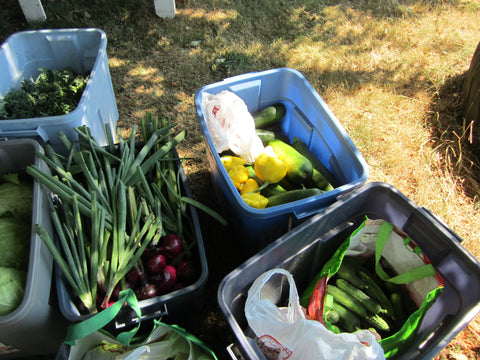

The needs and preferences of our client base are always uppermost in our minds, so we always focus on “core” vegetables such as carrots, potatoes, cabbage, tomatoes, onions, lettuce, broccoli, green and yellow beans, beets, summer squash, and so on. But we also set aside a small portion of the garden where we can try our luck with specialty vegetables and herbs such as eggplant, basil, dill, peppers and celery. Some years we have good luck with those – and some years, we don’t. It all depends upon the season.
One of the side benefits of our community garden during the pandemic is that it has allowed our volunteers to interact in an outdoor setting while maintaining appropriate social distancing. Most of our garden sessions include a coffee and tea break (iced and hot), with an assortment of pastries. We sit in a large circle, and conversation is varied and lively, ranging from garden tips and techniques to local politics. So the garden has become an opportunity for social engagement as well as an important source of produce for the local and regional population.
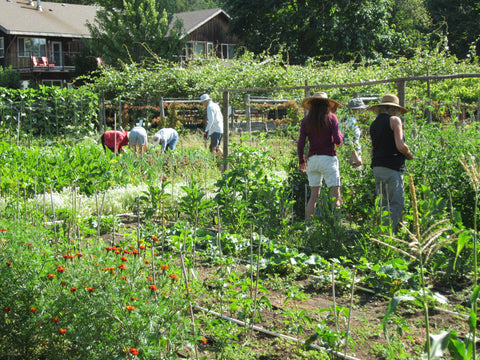

The Lodge where the garden is located has recently changed hands, and we have had preliminary conversations with the new owner. We are hoping to continue our operation next year under the new ownership.
Follow Kiwi Cove Community Garden on Facebook.

